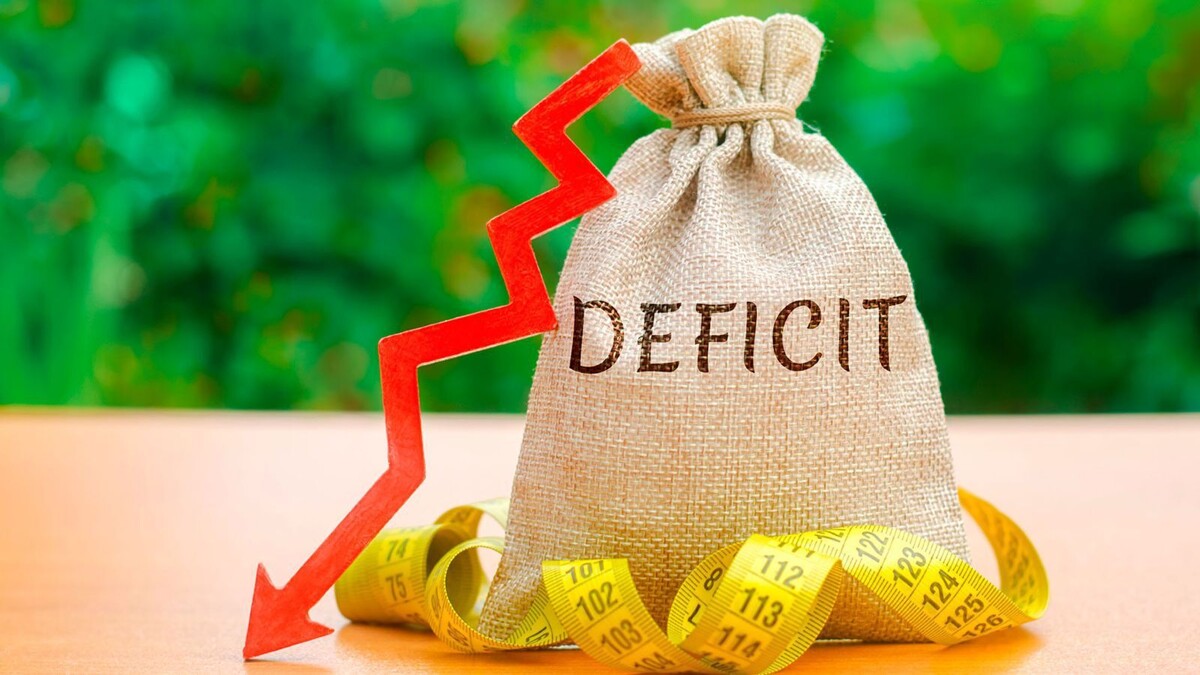
The Secretary of Finance, Rogelio Ramírez de la O, promised to improve the debt profile in Mexico. In front of a legislator, when questioned about a fundamental tax reform in the 2025 fiscal package, he assured that the government is aware of the reality of resources, and the president will respond at the appropriate moment.
Ramírez de la O reaffirmed the commitment to maintain healthy public finances to preserve macroeconomic stability, encourage investments, and create jobs. He assured that public resources will be used for the benefit of the population, especially the less privileged, without returning to superfluous spending and under the principle of austerity.
The head of Finance highlighted that the Economic Package for next year will reflect the priorities of the new government, consolidating the Mexican development model. He emphasized that the Mexican economy offers opportunities to build a more prosperous country.
Ramírez de la O stressed the importance of dialogue with entrepreneurs and investors to understand their plans and reactions to economic and political changes. He mentioned the elimination of redundancies in public spending and the suppression of subsidiary companies of state-owned enterprises.
The secretary informed that a significant budget will be allocated to improve road conditions next year. Finally, he mentioned that the Economic Package for 2025, to be presented to Congress, will focus on reducing the high fiscal deficit while maintaining investment in infrastructure and social spending.
In his appearance before the Finance Commission, Ramírez de la O justified the increase in public debt to 49.3% of GDP in September of this year, up from 43.6% in 2018, due to the financing of public investment in previously neglected southern-southeastern regions.














